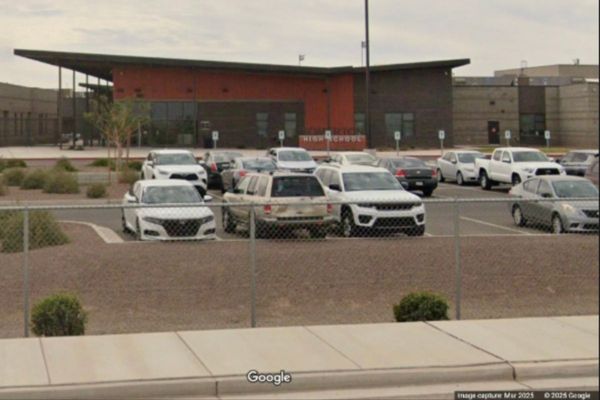
A dire shortage of early learning and child care services for country families is creating significant financial stress for parents and putting them at risk of burnout, a report has warned.
Advocacy group The Parenthood drew on the experiences of 162 parents, carers, educators and community leaders for the report, which included an online poll of 855 parents.
Campaign Director Maddy Butler said the ramifications of shortages extended far beyond the immediate challenges for families seeking care.

"Regional, rural and remote parents' mental health is suffering as they navigate searching and waiting for early learning spots, making alternative arrangements and juggling caring responsibilities with paid work," she said.
"It shouldn't be this complicated."
The online poll found that 86 per cent of families in regional, rural and remote communities were struggling to access care, creating financial stress.
In May this year, The Parenthood and more than 50 organisations spanning health, education and agriculture launched the Access for Every Child Rural Coalition in Canberra.
They are calling for stronger government management of the early childhood education and care system.
Seventy per cent of the current system is privately run.
Essential workers such as nurses, teachers, early childhood educators and psychologists were reducing working hours or quitting because there were no care options for their children, Ms Butler said.
"They tell us they feel socially isolated and burnt out as they go to extremes to find makeshift care solutions, like working through the night, to stay financially afloat and make sure their kids are looked after," she said.
Early childhood education and care cannot be left to the private sector, Ms Butler said.
"Private providers aren't setting up shop in many country towns because there's no guarantee of a profit, but this is an essential service that children, families and communities need," she said.
The Federal Government's wage rise for early childhood educators was the first step towards a universal system where every child has access, but further incentives were needed to address educator shortages in regional, rural and remote communities.
"Access to early childhood education and care should not depend on your postcode, or how much you earn. Governments must step up to take the pressure off of regional, rural and remote parents and make sure their families are no longer disadvantaged," Ms Butler said.







